Columbia University has announced a new mask ban, the appointment of special officers, and other new measures, some of which are consistent with the Trump administration’s requests.
The Trump administration set a deadline of Thursday for Columbia to meet its requests before considering the $400 million in funding that the federal government withdrew due to the school’s inability to safeguard students from antisemitism.
“Our response to the government agencies outlines the substantive work we’ve been doing over the last academic year to advance our mission, ensure uninterrupted academic activities, and make every student, faculty, and staff member safe and welcome on our campus,” Interim President Katrina Armstrong said in an email to students on Friday.
Face masks banned, officers announced
One of the new restrictions prohibits the use of face masks or other covers that obscure an individual’s identify. However, the regulation states that “Face masks or face coverings are always allowed for religious or medical reasons.”
In addition, everyone engaging in a protest or demonstration on campus must provide their university ID if questioned by a university representative or public safety officer.
The school is also employing 36 new special police, who will be able to remove individuals from campus or arrest them as required.
“Those individuals are near completion of their training and credentialing under New York law to work on our campus,” according to section of the policy. “While we train and credential our internal security force, we will continue to rely on our relationship with the NYPD to provide additional security assistance when needed.”
The disciplinary procedure has also changed, with the university judicial board now reporting to the president’s office. There is also a new Office of Institutional Equity with 57 full-time employees to investigate discrimination allegations.
Academic and admission policies under scrutiny
In addition, the institution will hire a new senior vice provost to assess its Middle Eastern studies programs. Armstrong said the evaluation would aim to ensure that educational offerings are broad and fair.
Columbia will also evaluate its admission practices and provide suggestions on how to guarantee fair admissions processes.
The interim president has said that the office would take a posture of institutional neutrality and will enact an institution-wide policy to that effect.
Students react to new policies
It’s uncertain if the Trump administration would restore the $400 million in government grants and assistance.
Although Columbia wants the money back, several students are wondering at what cost.
“It’s never the government’s place to really do these things,” student Yousif Elhaj said.
Landon Pottebaum, a student, stated, “I think it’s kind of honestly disgraceful.” “Because Columbia has such a long reputation, long history of being this protest school and kind of not wavering in the face of federal action and kind of letting the students act on their own, so I think this is just an act of cowardice, quite honestly.”
In its letter, the Department of Education said that meeting their criteria was a requirement for reviewing the school’s financial connection with the federal government.





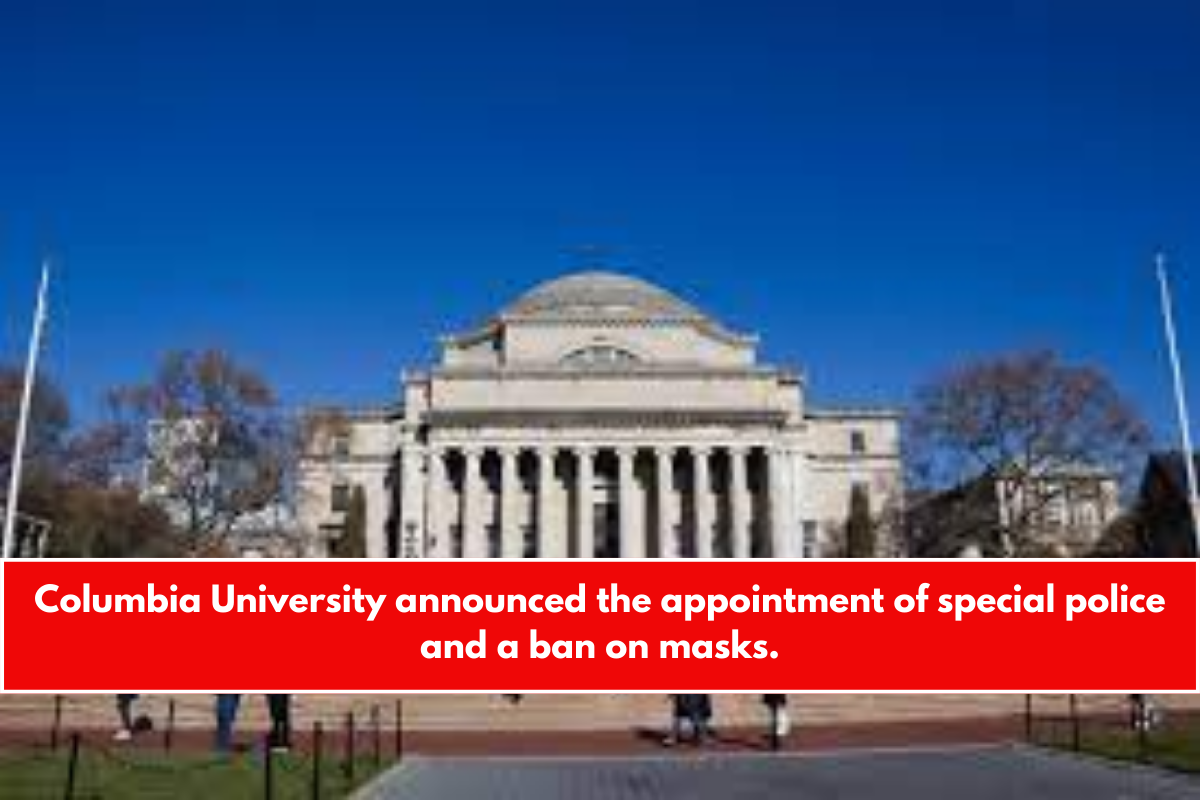

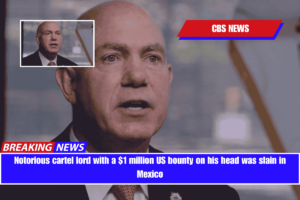

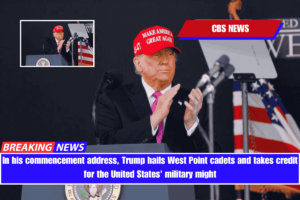




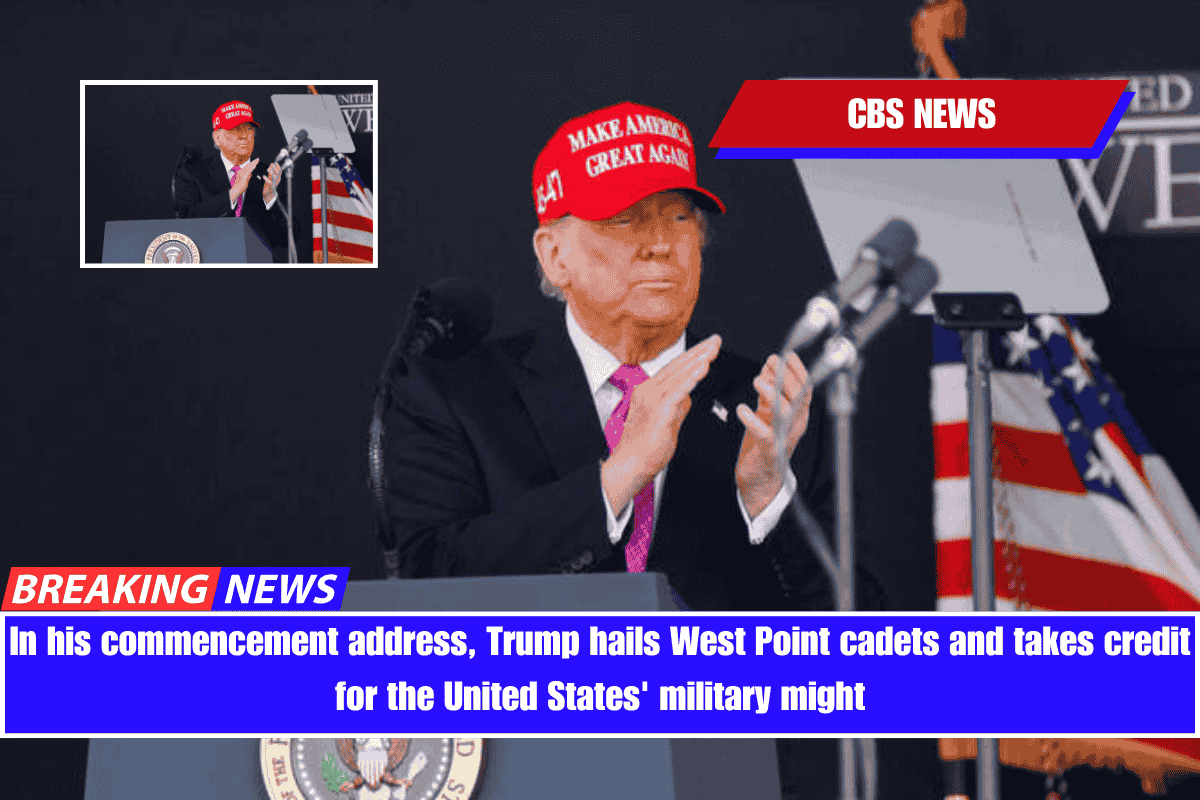
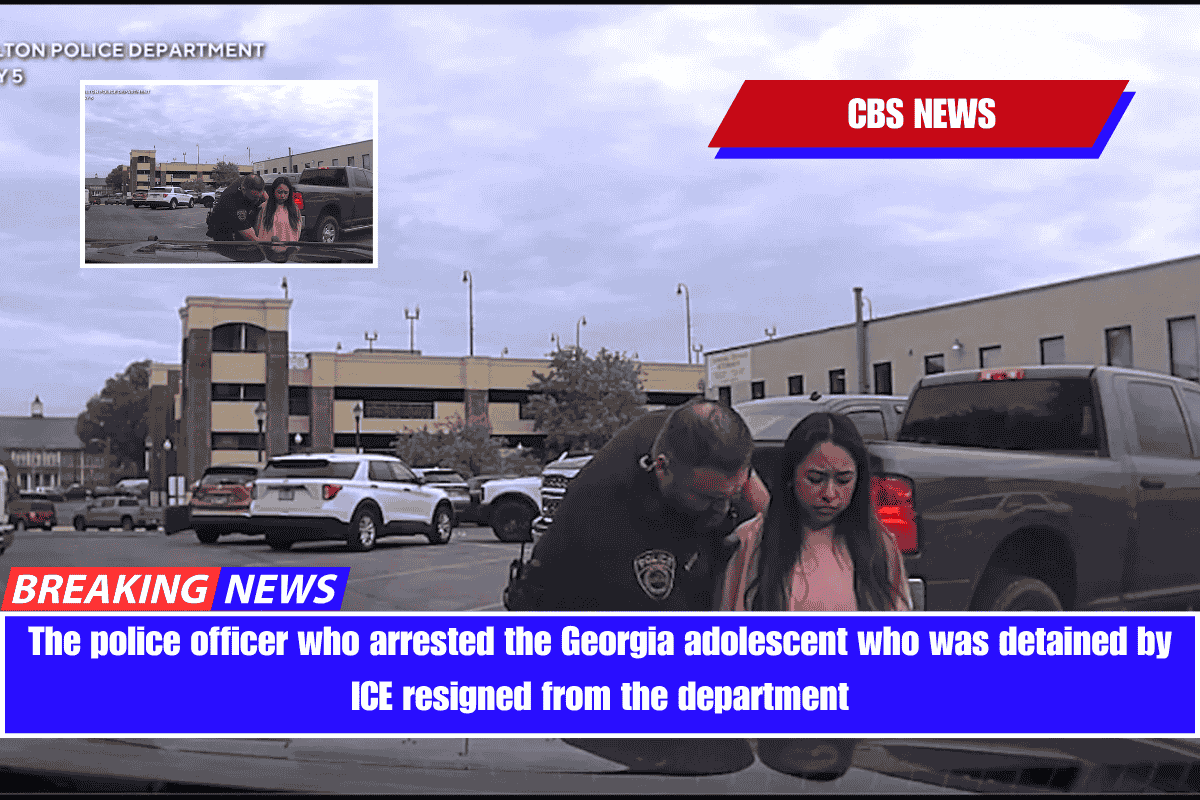


Leave a Reply